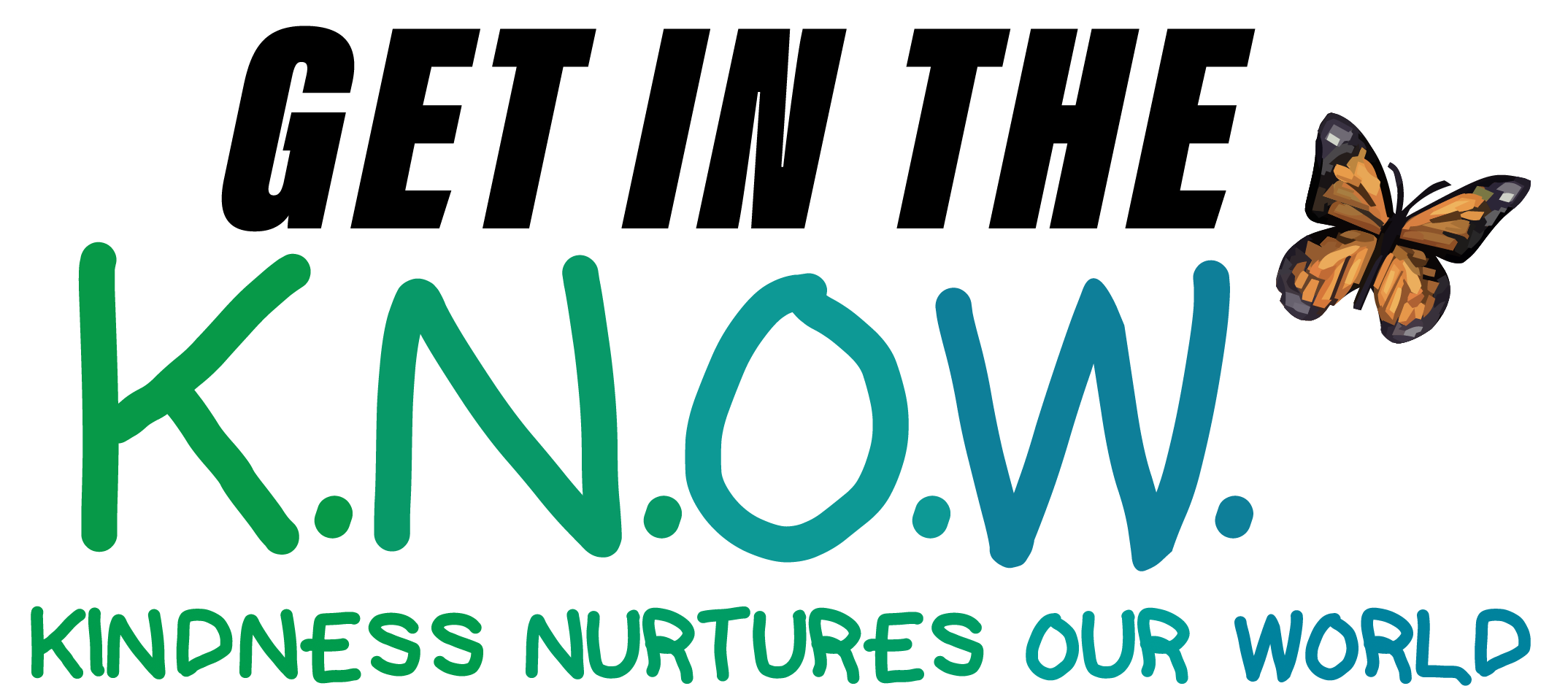There is no one cause of autism.
Research suggests that autism develops from a combination of genetic and non-genetic, or environmental influences. Not all children with autism show all the signs. Many children who don’t have autism show a few. That’s why professional evaluation is crucial. The following may indicate your child is at risk for developing an autism spectrum disorder.

Some infants show hints in their first months…
The earliest signs of autism are the absence of normal behaviors. You can catch warning signs early if you know what to look for.
- Not making eye contact
- Not smiling or giggling
- Not responding hand movements such as waving
- Not respond to their name by 12 months of age (or may stop responding to their name)
- Not point at or hold up objects to show interest by 14 months
- Not play “pretend” games or have only very restricted imaginative play by 18 months
Diagnostic criteria for Autism Spectrum Disorder requires:
1) Persistent deficits in social communication and social interaction across multiple contexts.
2) Restricted, repetitive patterns of behavior, interests, or activities.
3) Symptoms must be present in the early developmental period (i.e. before 3 years of age).
4) Symptoms must also cause clinically significant impairment in social, occupational, or other important areas of current functioning.

At KNOWAutism Foundation, our goal is to support families and reduce the burden of an Autism diagnosis.
Other potential red flags of children with ASD can be:
- Avoid eye contact
- Not visually follow objects or follow a gesture when you point something out to them
- Not copy actions, sounds, or gestures (such as not smiling when smiled at)
- Not point, wave goodbye, or use other common gestures to communicate
- Have difficulty understanding other people’s feelings or talking about their own feelings
- Display more interest in objects than in people and/or have difficulty relating to people
- Have delayed and/or regressed speech and language skills
- Repeat words or phrases over and over (echolalia)
- Give unrelated answers to questions
- Get upset by minor changes or have excessive emotional reactions to normal situations or transitions
- Have obsessive interests that are abnormal in intensity or focus
- Engage in repetitive behaviors such as flapping their hands, rocking their body, or spinning in circles
- Have unusual reactions to the way things sound, smell, taste, look, or feel (i.e. sensory sensitivity)​
- Not initiate or respond to physical comforting or touch (such as snuggling, hugging, reaching out to be picked up, etc.)​​

